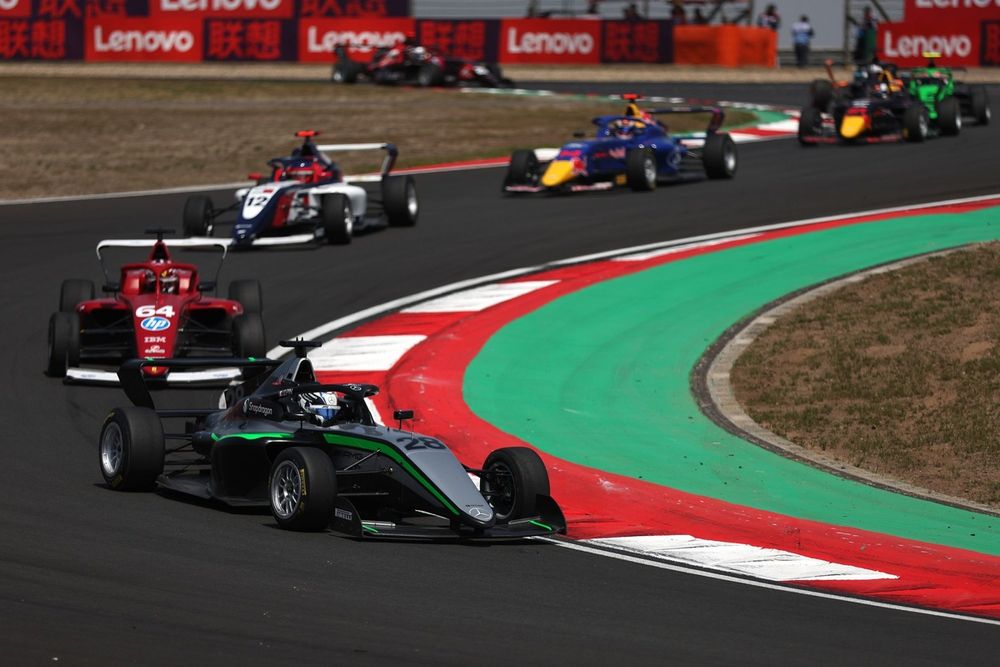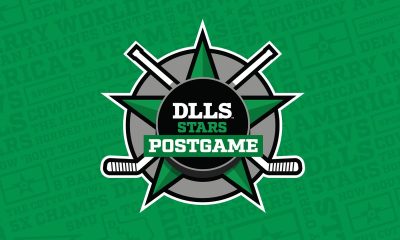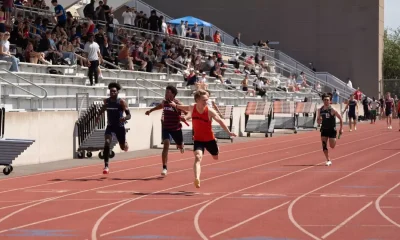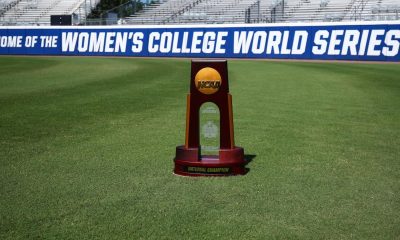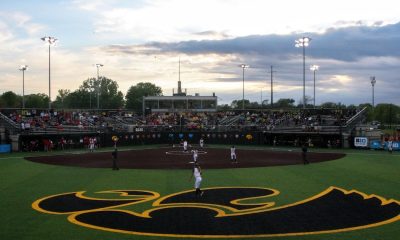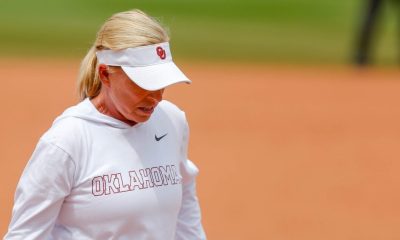
Sometimes, you just want to get away. You need a fresh start: new people, new scenery, and new opportunities. Forget cities that never sleep and work days that never end. At the Tuck School of Business, you can slow down and savor the experience.
Picture an Ivy League school where MBAs are the focal point – all the faculty time and school resources are invested in them – no pesky undergrads clogging the halls. Alas, Tuck is not a place for MBAs to play Henry David Thoreau and hide away for two years to just reflect. Being a “Tuckie” – the name for Tuck MBAs – is a 24×7 experience, says ’24 alum Ta-Von Wilson. Due to its small class sizes and tight-knit culture, Tuck is a business school where everyone must play leadership and supporting roles for the program to function. That’s why Tuck is referred to as an “all-in” MBA. That’s exactly what Kayla Hergott Heiny experienced as a first-year student.
“Everyone is at Tuck because they want to be here,” she observes. “This intentionality creates an invested and highly engaged community that wants to experience everything Tuck offers for the two years they are here. Weekends are devoted to camaraderie and creating memories together in Hanover, whether it is attending “Tucktoberfest” or dancing with hundreds of your classmates while jamming out to Tuck’s class bands.”
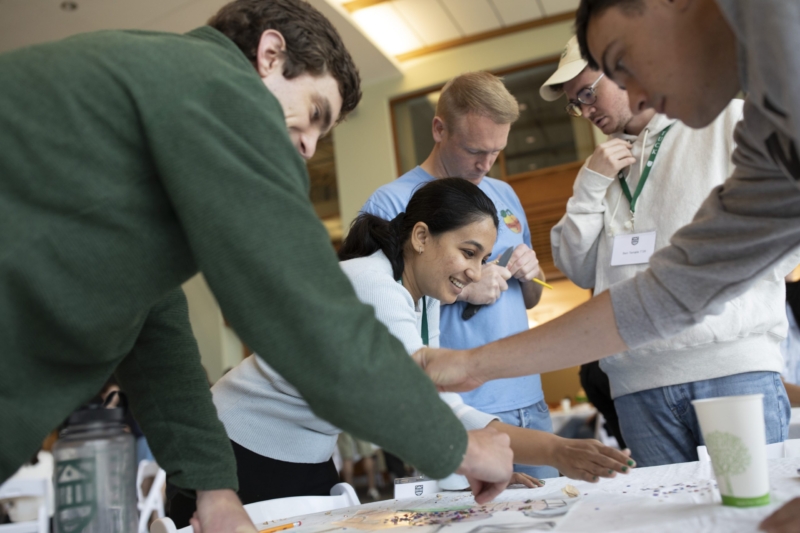

Team activity
A HOCKEY CULTURE
The all-in expectation is further rooted in choosing Tuck. Hergott Heiny’s classmate, James Lewis, points to the fact that all Tuckies are foregoing city life – with Boston being over two hours away – and “starting from scratch.” That creates a common bond from the start. Even more, it reflects a common purpose: Tuckies come to Hanover to be part of a community and contribute, says first-year Ryan Montgomery. It is a self-selection process for MBAs looking for an Ivy League education with a specific identity.
At Tuck, that means more than embracing all things Tuck: Small group dinners, ski weekends, and fall hikes. It also entails taking risks. Lauren Baltrus, a ’24 grad, frames Tuck this way: “[A] paradoxical feeling of being both out of my comfort zone and yet extremely comfortable at the same time.” That can be illustrated in what is the school’s most hallowed tradition: Tripod hockey. Think of it as a hockey league for MBAs who “use their hockey stick as a third leg,” in the words of first-year Ricardo Torres-Garzon, a Miami native. Like the NHL, Tuck teams adopt names like Blades and Confused and Shake It Off(side) and even hold a player draft attended by students and alumni alike. Held during the fall and winter, Tripod Hockey is a way for students to bond by doing something they would normally shy away from out outside Hanover.
“Many students—some of whom have never seen snow before, let alone ice skated—are playing ice hockey,” adds Ryan Montgomery. “Tripod makes for fun, silly moments that will be unforgettable during our time here at Tuck (or perhaps it will be our shared trauma of falling on the ice). Jokes aside, it is very fun.”
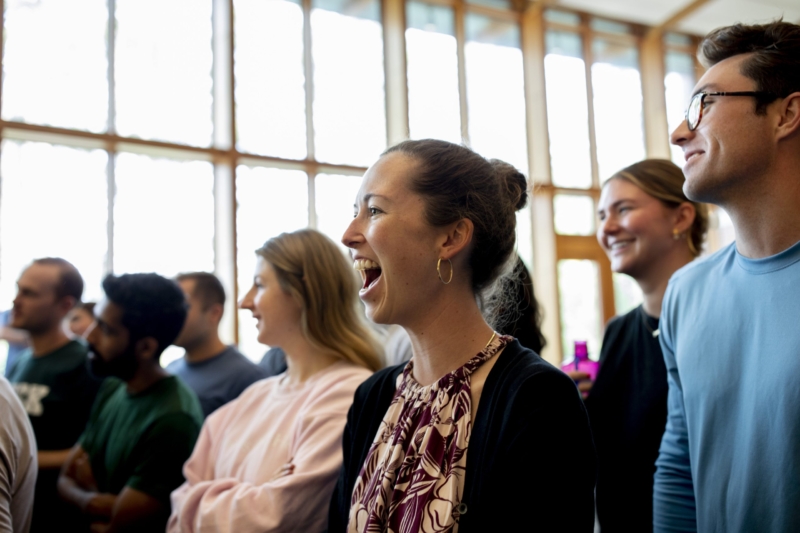

Tuck Event
ALWAYS SOMETHING TO DO
Since arriving in Hanover last year, Madelyn Flores has discovered that time moves differently “in the woods.” Here, she can take walks around nature, a “environment to reflect on my experiences and process them in a deeper way.” While the Tuck curriculum and culture has been honed by 125 years of business students, the surroundings are equally central – or intentional – to the MBA experience.
“My favorite part of living in Hanover is the access to the mountains and the intentional lifestyle that the Upper Valley encourages,” explains Kayla Hergott Heiny. “I am looking forward to hiking many of the 48, 4000-plus foot mountains with my husband (who is also a Tuckie!) and our two dogs while we live here!”
What is Hanover like for MBAs? Think four seasons, hiking and cycling along the Appalachian Trail or kayaking in the nearby Connecticut River. It is one of those rare locales, says Brooke VanRosendael, where student can take a class and then “hit the slopes” for the rest of the day. This “anything and everything outdoors” milieu was fundamental to Ignacia Ulloa Peters choosing Tuck.
“During our summer term, we spent most days swimming, kayaking, canoeing, and standup paddling on the Connecticut River. As soon as the leaves started turning, I bought a used gravel bike and have been using it to explore the fall foliage across the Upper Valley and joined some Tuck Community Rides—an opportunity to spend time with classmates, professors, and Tuck staff outside of daily academics. With winter around the corner, I plan to spend as much time as possible skiing.”
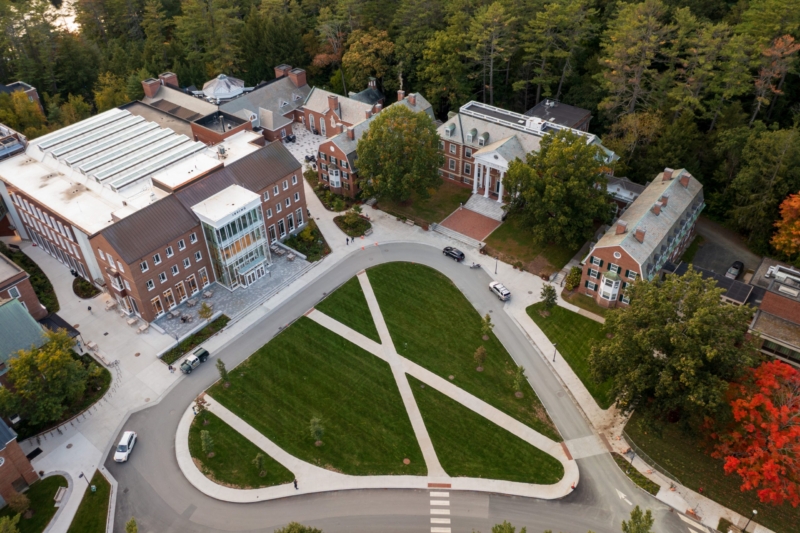

Aerial view of Tuck
WHERE EVERYONE KNOWS YOUR NAME
Among Tuck alumni, you won’t hear much about Tuck being too out-of-the-way. In fact, ’24 grad Lauren Baltrus would say that school is situated just perfect. “Hanover is quaint and cozy, embodying the essence of small-town charm with all the essentials one could need. But I find that the best part of Hanover is actually its close proximity to other towns. Its location right on the border of Vermont makes it accessible to many weekend getaway destinations across New England (and even Canada!). These weekend trips have become a cherished part of my Tuck experience. Whether it’s skiing in the many mountains across New Hampshire and Vermont, dining at renowned restaurants in small towns throughout Vermont and Portland, Maine, or even venturing into Canada for the first time, these experiences have made me gain an appreciation for rural New England!”
In fact, Ta-Von Wilson jokes that Hanover is a place where he could enter a coffee shop or restaurant and “everyone knows my name.” It was an experience that Wilson’s classmate, Fresia Blanco, also enjoyed. “I love that you quickly feel like a local in Hanover—I often run into classmates at the local coffee shops and say hello to professors in town that are walking their dogs or enjoying time with their kids. I never thought I’d love living in a small town so much!”
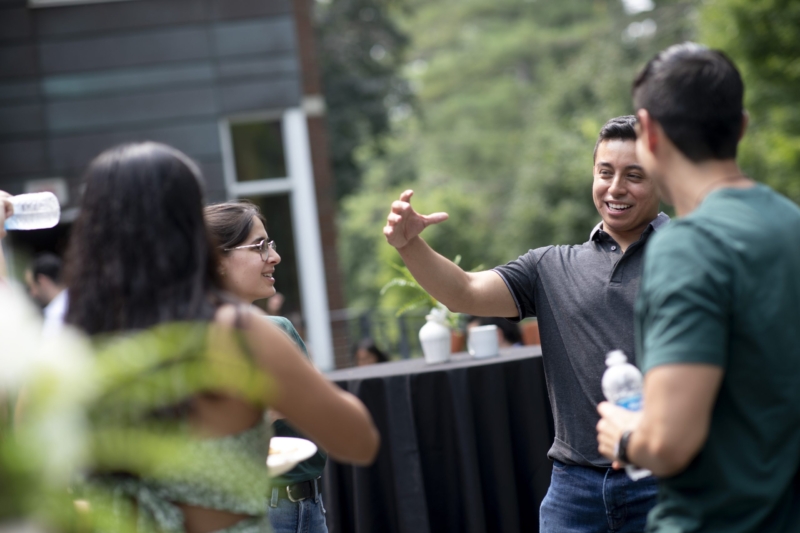

Tuck students after class
STRONG FOOTPRINT IN PUBLIC SERVICE
Over the past year, the Class of 2026 has adjusted quite nicely to their new digs. The class includes students like Brooke VanRosendael, a former U.S. Army Reserve commander and jumpmaster who most recently worked as a consulting manager at PwC. Her classmate, Nicholas Mut-Tracy, is pursuing an MPA at Harvard University alongside his Tuck MBA. Before business school Mut-Tracy earned a Presidential Management Fellowships with both the National Nuclear Security Administration and the Office of the Secretary of Defense.
“Some of our greatest accomplishments included negotiating a memorandum of understanding between the U.S. and Chilean governments and achieving diplomatic milestones with Mexico, Argentina, and Brazil. Likewise, as the Department of Defense’s policy lead for Colombia, I managed the United States’ defense relationship with a critical partner during a period of geopolitical volatility…I also met presidents and worked with foreign ministers, ambassadors, and chiefs of defense—all incredibly humbling experiences.”
Ignacia Ulloa Peters also operated in DC before business school, including three years with the Atlantic Council, a nonpartisan think tank. “Before Tuck, I worked in foreign policy in Washington D.C. During my time there, I got the chance to experience impact on a micro and macro level, both within the United States and across Latin America and the Caribbean. One of my biggest accomplishments to-date was seeing research we produced be cited by Mexico’s Secretary of Foreign Affairs during a public meeting with U.S. Secretary of State Antony Blinken.”
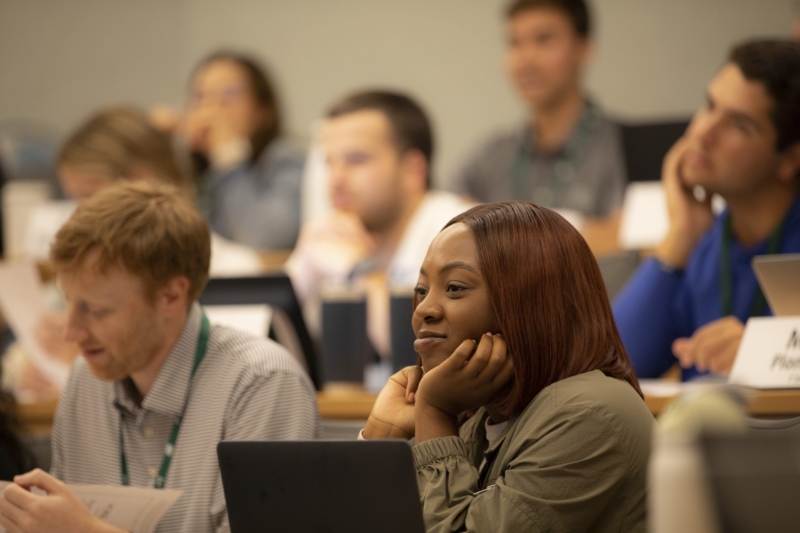

Tuck Classroom
PRO ATHLETE AMONG ENGINEERS AND INVESTMENT BANKERS
Jason Gaines, who holds a doctor of pharmacy degree, spent six years at medical powerhouse Eli Lilly as an associate director in business development. Kayla Hergott Heiny has visited 49 of 50 American states – not to mention 47 national parks. She also holds a master’s in Engineering Management and has most recently led product launches in the medical technology field. Alexa Stewart brings over five years of experience from L’Oréal and Northrup Grumman to her classmates (along with internships at Amazon and Michelin). Not only did James Lewis spend time at Johns Hopkins University in research, but came back to lecture for a political dissidents course. After growing up in rural, poverty-stricken South Africa, Nelo Thembeka Mnguni became an investment banking powerhouse.
“One project especially meaningful to me was the $300 million modernization of the border post between South Africa and Zimbabwe, which involved a partnership with the government and other financial institutions. Before the project’s completion, four people tragically lost their lives waiting to cross the border in December 2020. I strongly believe that no one’s life should be at risk due to inadequate infrastructure. Working on projects like these aligns with my core values of creating measurable impact, and I aspire to continue making a difference on an even larger scale.”
At the same time, Ryan Montgomery has been able to find balance between his career as a DEI strategy and brand consultant and his commitments as a professional trail ultra-marathoner. “Aside from athletic accolades, I have worked hard to bring my business skills to the table with my athlete partners. This has created meaningful partnership work that goes beyond being “an athlete for a brand.” For example, I have worked with my partners to do content shoots in other countries, event marketing strategy, and diversity and equity strategy. These experiences and work projects are something I have uniquely built from my athlete partnerships.”
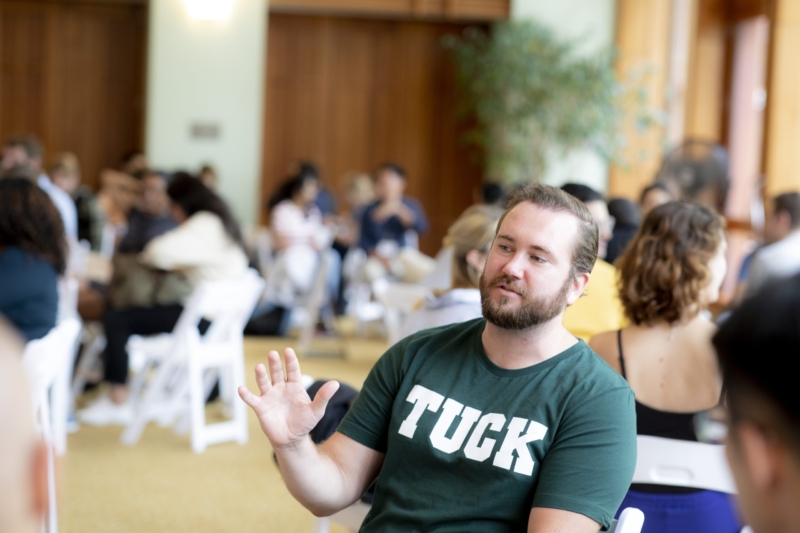

Discussion at Tuck orientation
ALUMNI PAY IT FORWARD
According to Tuck admissions, the school seeks out students who are encouraging, collaborative, and empathetic – or to borrow a popular campus phrase, “Tuck Nice.” Think of Tuck Nice as a Midwestern pleasantness with backbone, a sense of looking out for each other while still expecting the best from each other. Or, to quote Brooke VanRosendael, Tuckies have a knack “for making [people] feel truly at home.” The Tuck ethos, says Jason Gaines, is to “always lend a helping hand.” One example of this, says ’24 alum Ben Marshall, is Tuck’s SafeTides program.
“The Upper Valley has no Uber and limited public transport, so there are lots of events which would be inconvenient or off limits, especially for students living off campus. We get around that through SafeRides, a system where Tuckies pair up and volunteer to drive their classmates to/from events on Thursdays through Saturdays. They only get paid in gratitude, but it’s a great experience on both sides. It’s also a prime example of the generosity and “all in this together” spirit of Tuck students.”
This sense of togetherness started early for the Class of 2026, adds James Lewis. “After only a week or two on campus, someone mentioned in our entire class group chat that there was a rodeo going on about an hour away in Vermont. One hundred people responded that they were interested, so that same afternoon someone else called a few bus companies. The next day we had two school buses booked to drive us all there. It really set the tone for how students here strive to bring everyone together. This kind of thing happens all the time at Tuck. Whether it’s organizing parties, hiking trips, or apple picking, students are constantly creating opportunities to connect with one another and explore the Upper Valley.”
And it isn’t just students who’ve bought into this level of engagement. Look no further than alumni, with over 500 graduates streaming back to Hanover to recruit or be part of classes. And alumni show up financially too. After Tuck completed its Tuck Difference campaign in 2023, it reported that 81% of alumni made gifts – more than double the usual rate at most business schools. At the same time, the campaign attracted $416 million – far more than its $250 million goal. That doesn’t even count the $37.5 Million gift it raked in last year from Glenn Britt, a former CEO of Time Warner Cable.
“The MBA class is fairly small, with just about 300 people—it’s not that hard to connect with most people over time, and everyone seeks out those connections,” observes Salman Kazrooni, a Bahrain native who last worked in investment banking. “You also see this accessibility stretching to the alumni. Tuck has a wide reach when it comes to alumni—there’s always a Tuckie who’s doing something you’re excited about and, for the most part, they’re always ready to help. The response rate for any outreach I’ve done so far has been close to 100 percent.”
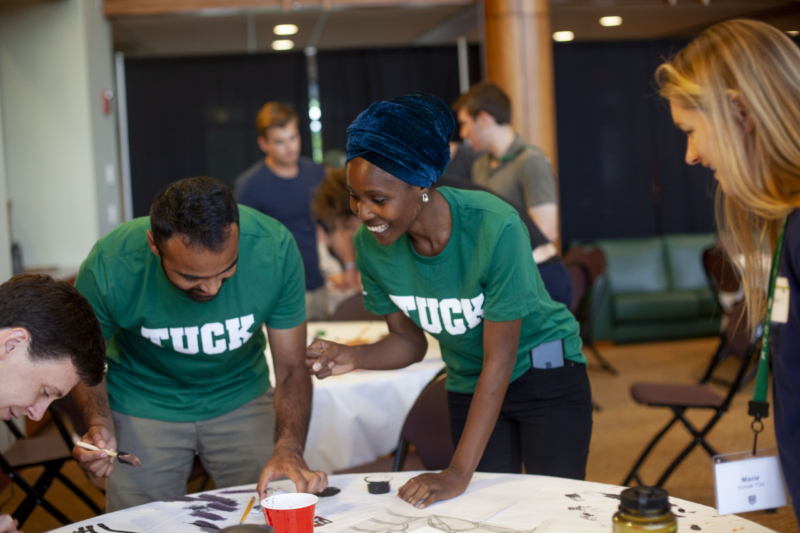

Tuck Orientation
A CLASS PROFILE
By the numbers, the Class of 2026 represents some high marks for Tuck. For one, the school reported a 36% increase in applications over the 2023-2024 admissions cycle. In fact, its 2,734 applications achieved an all-time high, with the school accepting just 31.2% of applicants. As a whole, the class GMAT average – 727 – inched up a point over the previous year. All the while, the class Verbal and GRE scores held steady at 161 in both cases, as the undergraduate GPA average notably improved from 3.49 to 3.6.
Like the previous class, the first-year consists of 41% women, while underrepresented minorities account for a 15% share. The class hails from 41 countries, with 30% of the class coming from outside the United Staes. First generation students make up 15% of the class, with another 7% identifying as LGBTQ+. Another third of the class brought their partners to Hanover.
Together, the 296-member class has attended 178 undergraduate institutions and worked for 231 employers. The class carries a strong liberal arts flavor, with 45% of the class majoring in the Arts, Social Sciences and Humanities. 26% of the class hold undergraduate degrees in Business, while another 26% come from STEM. As professionals, the largest segment – 25% – last worked in Consulting. Financial Services (23%), Technology (13%), and Nonprofit and Government (10%) also boast 10% shares.
Next Page: 12 Student Profiles From the MBA Class of 2026.


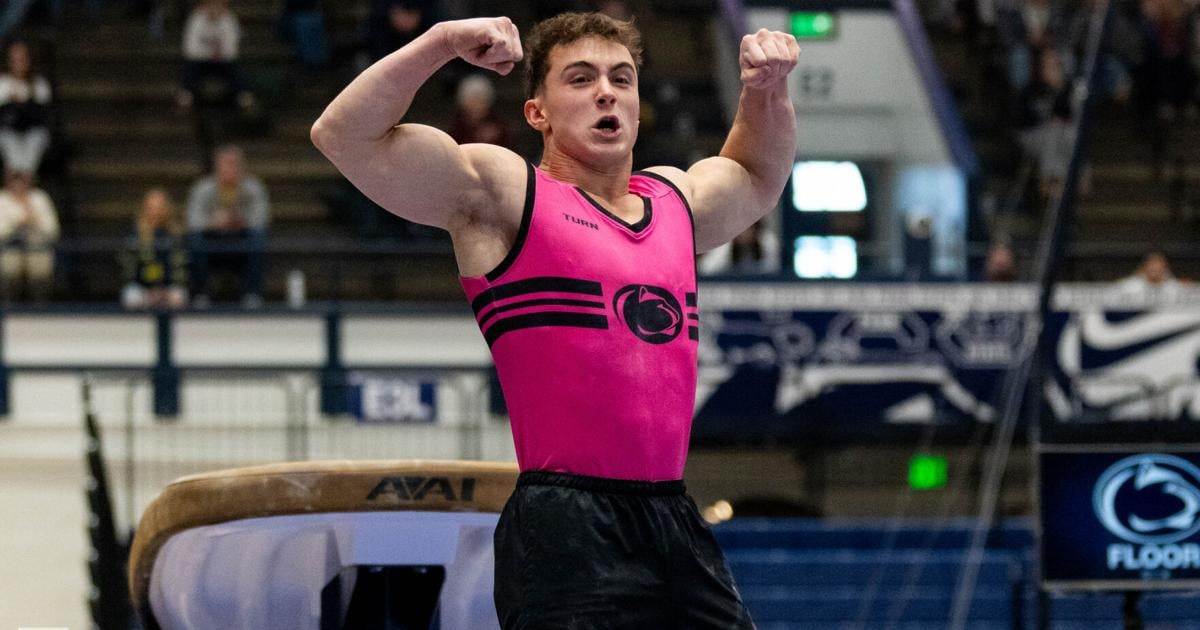



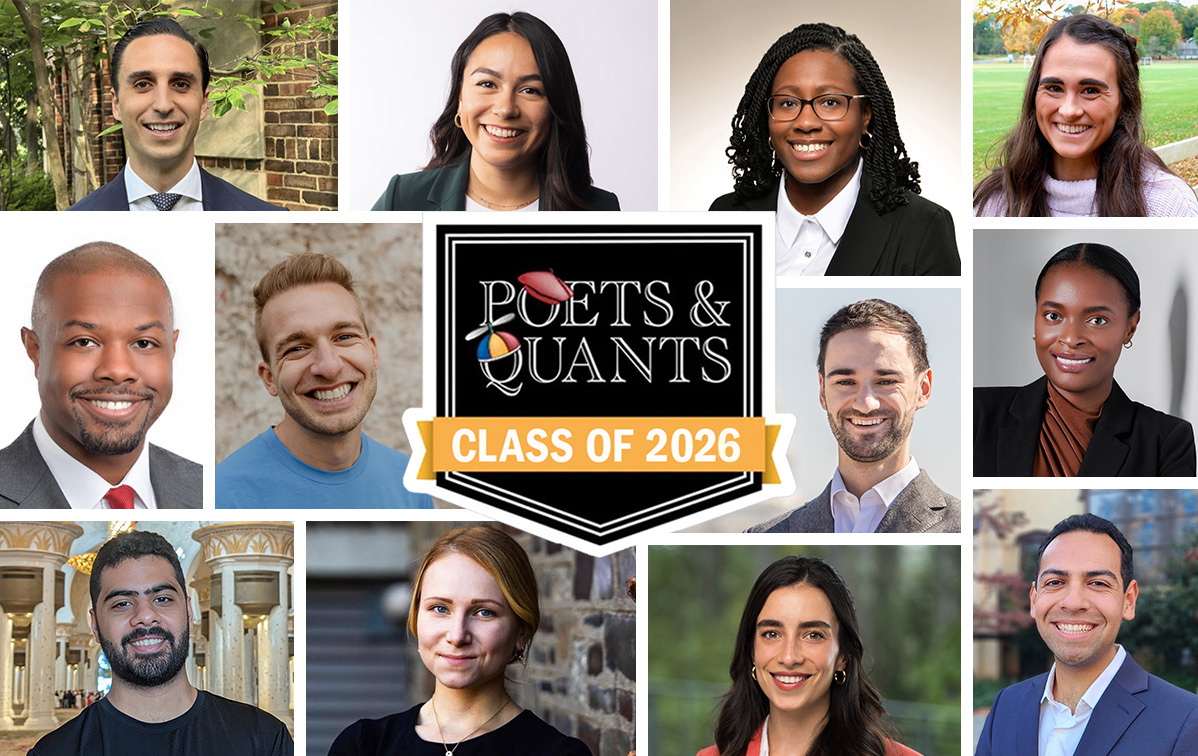








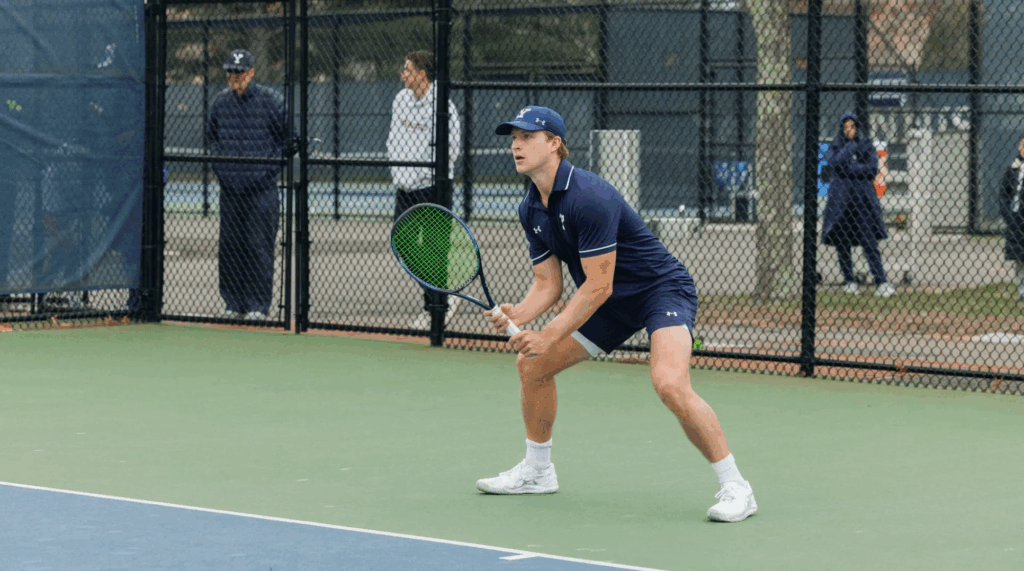
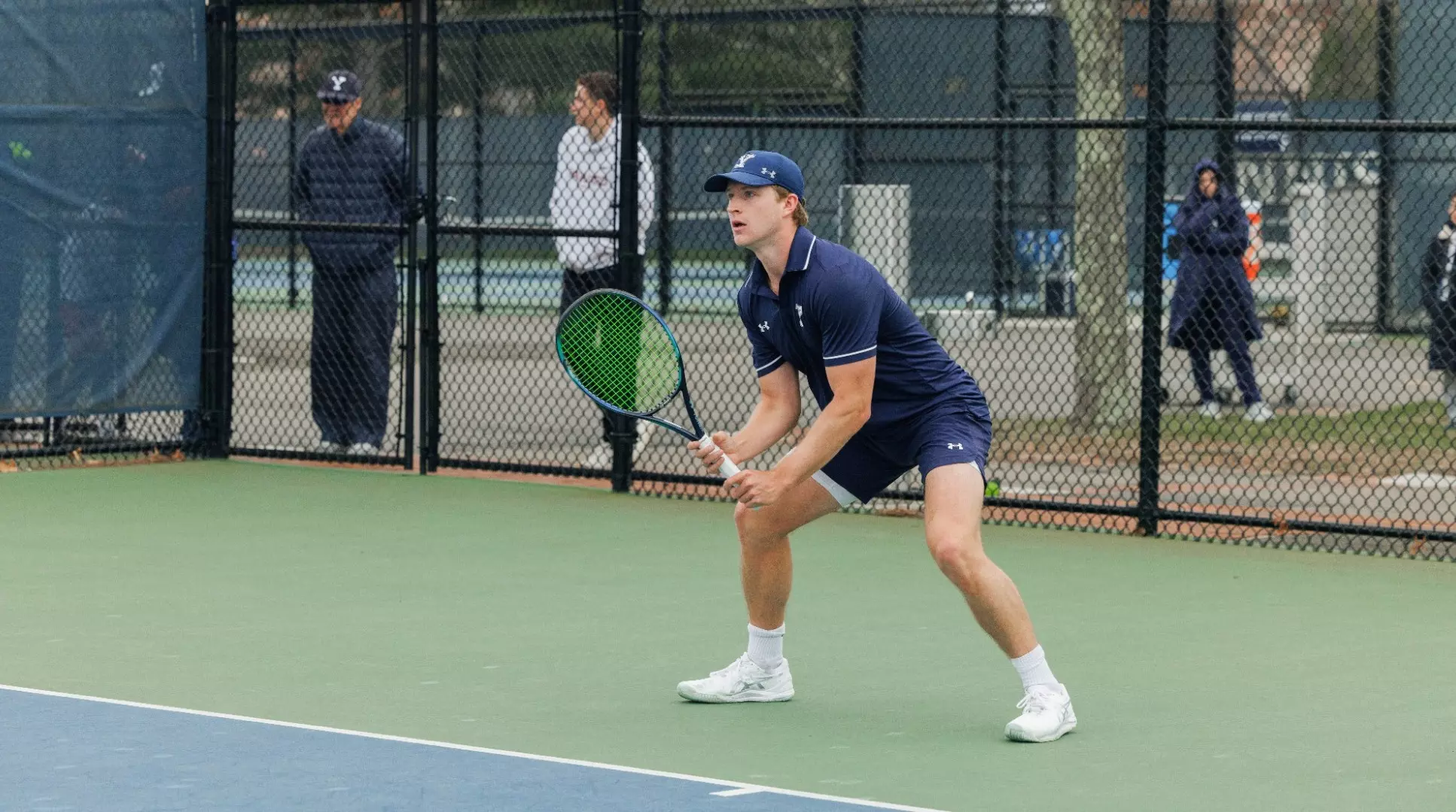


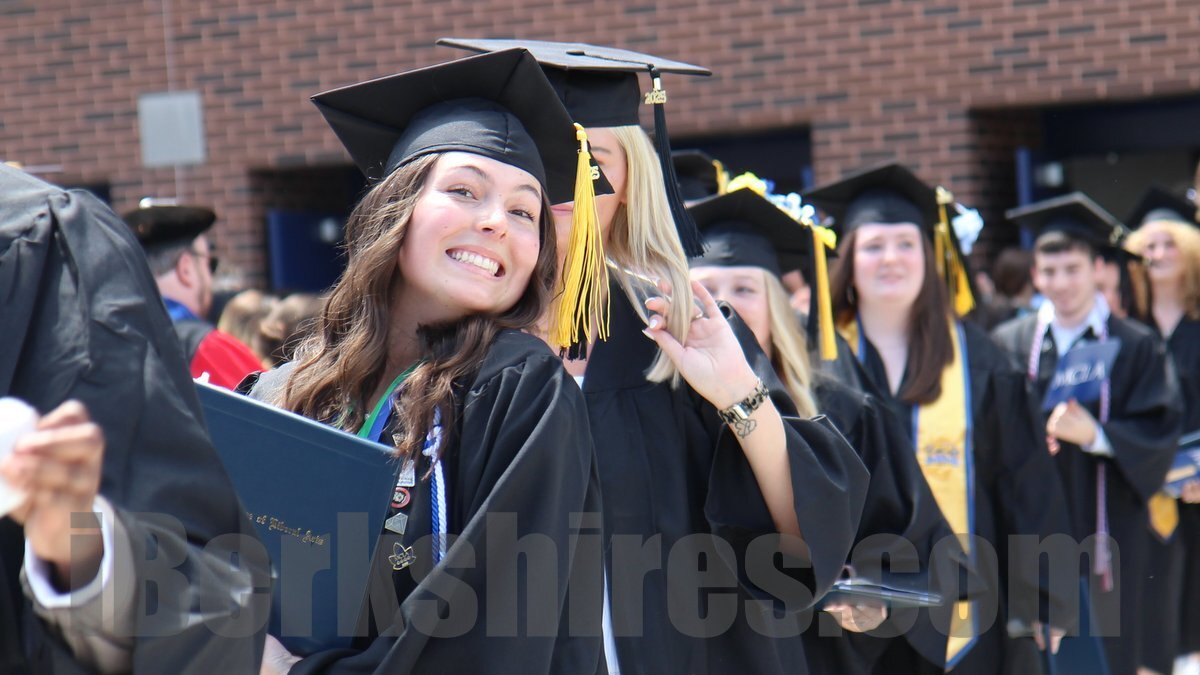
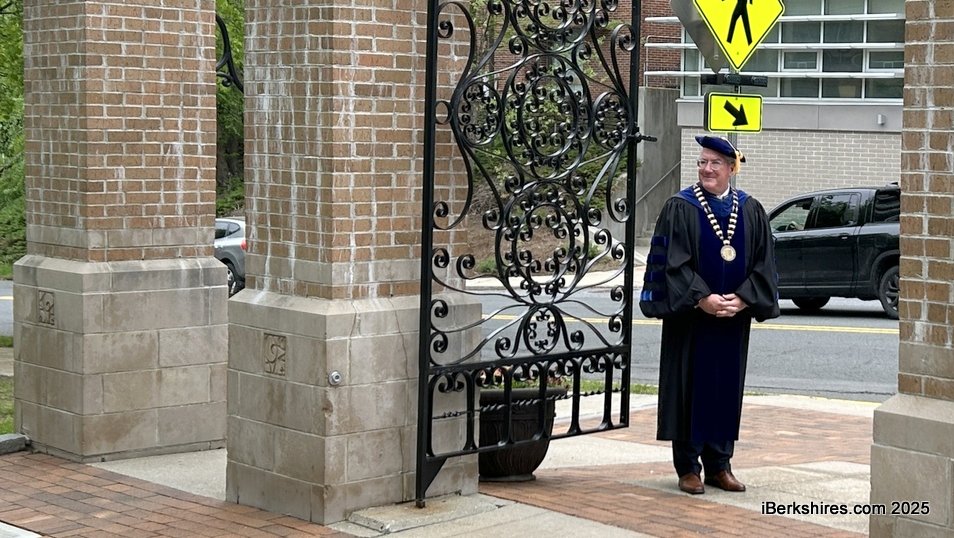




 |#Shorts
|#Shorts
















